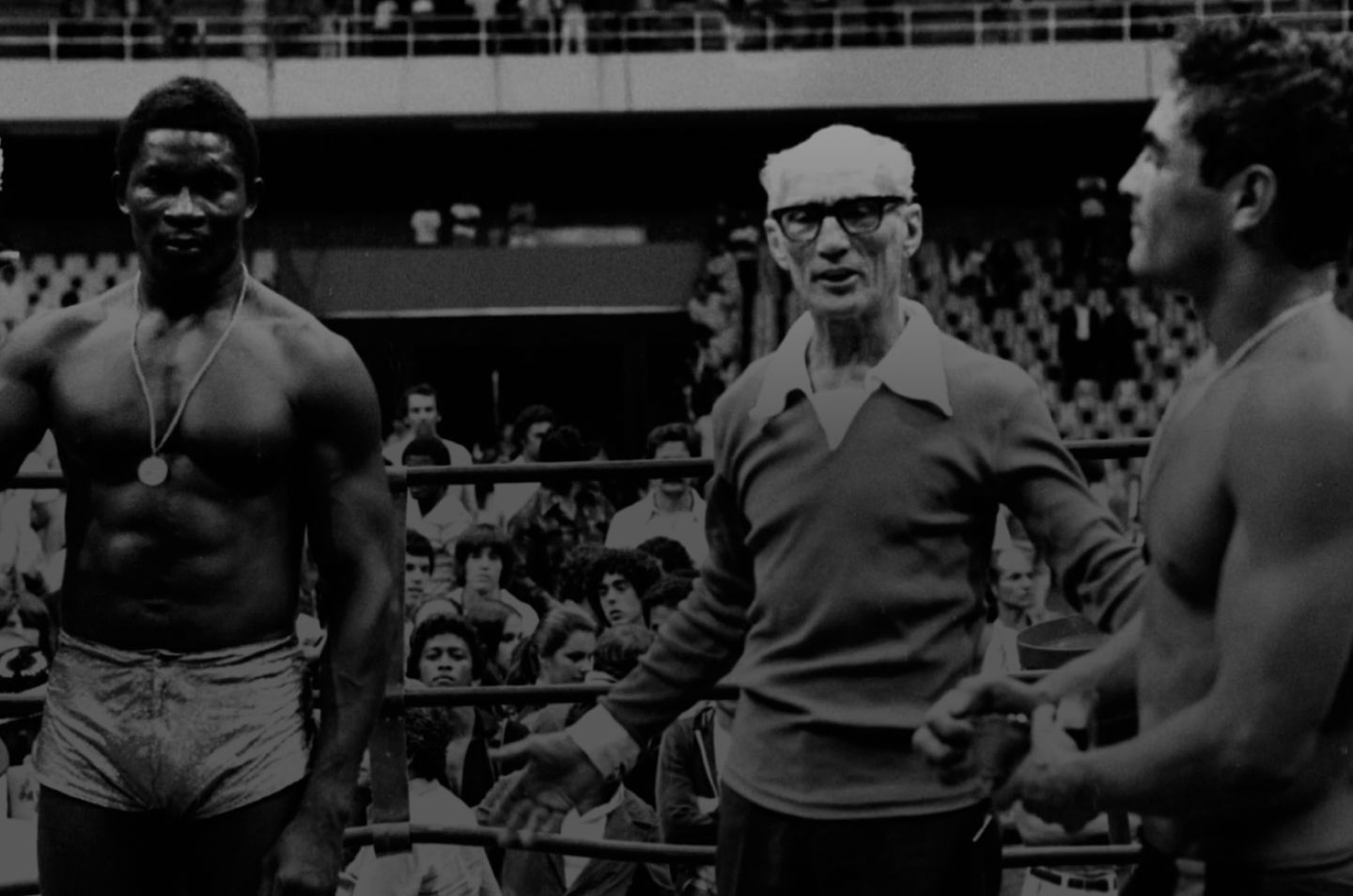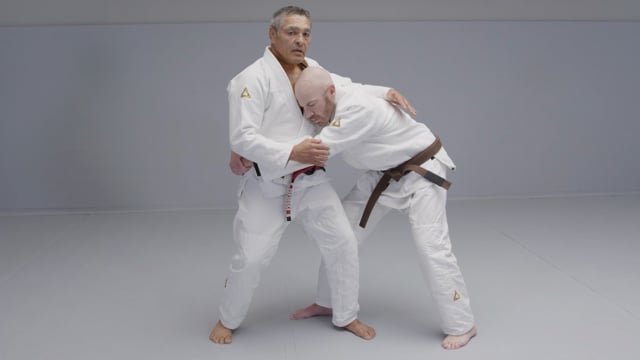After the launch of his memoir, Master Rickson Gracie told Brazilian newspapers that he "wanted to open up my life in an honest way. And I hope readers feel that it was precisely my hurdles and mistakes that made me evolve as a person and made me who I am today."
It's in the most emotional part of the book that he reveals one of his most valuable epiphanies. As he told reporters, "I learned that controlling life is an illusion, that it must be lived in the present. If one of my children calls me today and I'm on my way to the airport, for example, I'll stop and listen calmly. If I miss the flight, screw it."
Living the here and now may be the most important life lesson. And, in a certain way, it's a philosophy that knocks on the door of any and all jiujitsu practitioners—consciously or not. After all, jiujitsu teaches us every week that, in a split second, we can suddenly find ourselves on the bottom. Or even with the first hand way deep in the collar and the other one approaching, threateningly. Life is here and now, on or off the mats—you either solve that problem here and now, buddy, or you'll go to sleep or tap out.
At the end of the day, it's a style of looking at life that is also vital for those who live with high-risk scenarios. Rock climbers need to fully trust their focus—and sense of touch—on that crack, or they can fall from El Capitan; space explorers can't think about the infinity of the universe or the fear of not returning, but rather about the beeps and boops on the panel and the right way to adjust the system's wires.
The astronaut Charles Duke, who became famous as the youngest human to step on the Moon, shares this way of experiencing life. At 86 years old, the pilot who was on the Apollo 16 mission in 1972 told a Brazilian newspaper:
"During space travels, normal people think about the possibility of catastrophes, of course, as do politicians, journalists and spectators. But we are the technical side. I believe that in the heat of the moment, failure is not part of our psyche. When unforeseen events occur, as in Apollo 13, our focus is on understanding the problem, why it arose and how to fix it. Our mind then focuses on the technique, not on emotions."
Charles Duke likes to tell a story of how a poorly timed choice almost put him in serious danger. During the three days he spent on lunar soil, Duke at one point attempted a jump, as if in some sort of lunar Olympics. He landed wrong, on top of his life support backpack. If the suit had ruptured, he could have died: "During the two years of training, we had not practiced high jumps on the Moon. When I jumped, my center of gravity went backwards and I landed on my back, and it was terrifying. My heartbeat accelerated. Then I learned the big lesson: don't do anything on the Moon or in space that you haven't practiced on Earth."


Comments
Good words.
How is your relationship with Kron??